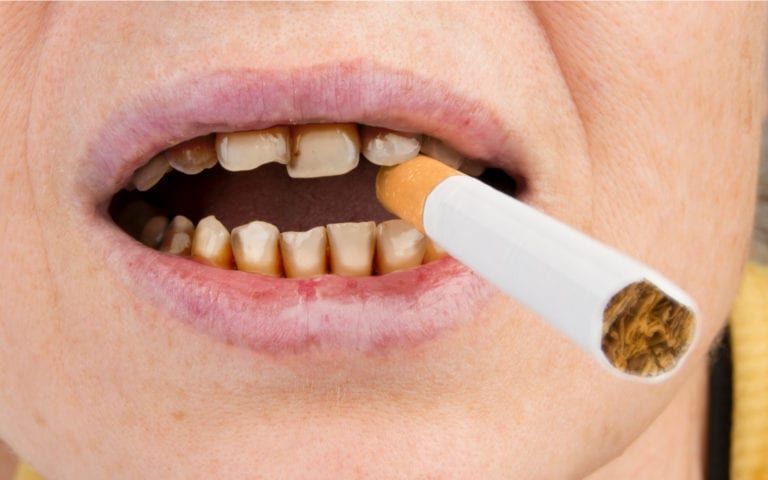It’s no secret that using tobacco in any form has an extensive range of negative impacts on your health. From respiratory concerns such as chronic obstructive pulmonary disease to deadly lung cancer, choosing to smoke is gambling with your life. These consequences also extend to your oral health, with tobacco use causing a significant increase in a number of dental concerns. If you’re considering quitting your tobacco habit and need a few more reasons to seal the deal, keep reading. We’ll cover the consequences of smoking on your dental health on an extended timeline.
Even non-smoked tobacco increases cavity occurrence by four times
Tobacco Can Do More Than Cause Breathing Difficulties
We’ve already touched on some of the respiratory consequences of indulging in a tobacco habit, but they don’t stop in the lungs. Tobacco use of any kind has been shown to cause some oral health issues and aggravate others. One of the worse choices you can make involving indulging in a tobacco habit is using smokeless tobacco. While some choose to use ‘chew’ or ‘snuff’ to avoid causing damage to their lungs, it just results in worse consequences for the gums, teeth, and other oral structures. We’ll give a few examples of the consequences of smoked and non-smoked tobacco use below:
- Faster Dental Wear – Any form of tobacco use can result in accelerated decay of the enamel on your teeth due to abrasive particles in the tobacco. Non-smoked tobacco causes even greater risk due to the placement of tobacco against your gums and teeth.
- Limited Options for Dental Treatment – Tobacco use causes a reduction in the blood flow to your oral structures and a better environment for the growth of bacteria. Oral structures can also become inflamed due to smoking. As a result, some dental treatment options, such as bridges and implants, may not be a viable option unless you quit smoking first.
- Difficulty Treating Gum Disease – One of the consequences of tobacco use is the suppression of the immune system. As a result, infections like those leading to gingivitis and periodontal disease can be more difficult to treat. In addition, tobacco use has been shown to slow the generation of blood vessels, impacting healing times.
- Greater Risk of Certain Cancers – Esophageal, colorectal, bladder, and voice box cancer rates are all higher in those who engage in smokeless tobacco.
These risks represent just a small sample of those that come from indulging in a tobacco habit. Putting a stop to your tobacco use can see your risk of these symptoms decline rapidly, with your oral health returning to more or less normal over time. Some dental health consequences to tobacco use are irreversible without expensive treatments, so the sooner you quit, the better.
Within nine years of ending tobacco use, your risk for related consequences drops to almost normal
You Can Get Help Quitting Smoking
Considering the far-reaching consequences of smoking on oral health and the benefits of quitting, many dental practitioners offer smoking cessation programs. If they don’t offer the program themselves, they can provide resources for support programs that will help you break the habit. Don’t let smoking or other tobacco use impact your lifelong oral health; call your dentist today!




